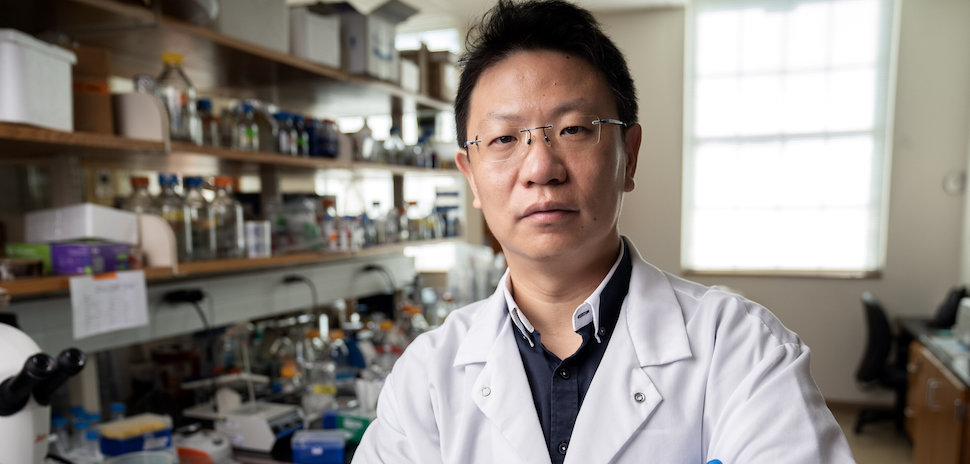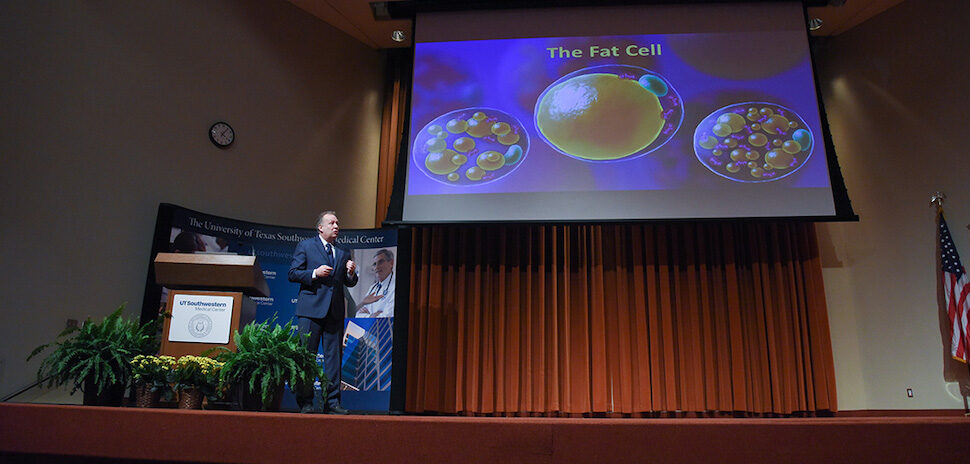The National Institutes of Health has awarded $1.8 million to biology professor Zhihao Wu of Southern Methodist University. The five-year Maximizing Investigators’ Research Award will help Wu determine if different “quality control pathways” in our bodies might be working together to repair damaged components in cells, the university said.
The answer may help advance research on many human diseases including Parkinson’s, Alzheimer’s, Type II diabetes, and cancer—all of which involve abnormal changes following breakdowns in seemingly unrelated quality control pathways.
Understanding how all this happens could lead to “new therapeutic targets” for pathological hallmarks known to cause or worsen these diseases, the university said.
“Intriguingly, pathological hallmarks caused by quality control defects—such as defective protein accumulation and essential organelles mitochondria losing their function—often co-occur in many human diseases,” Wu said in a statement.
The SMU professor of biological sciences said this suggests that “different quality control pathways may interact and assemble a network in response to diverse types of cellular stress.”
Working together like ‘assembly line workers in a factory’
Like assembly line workers in a factory, different quality control pathways in the human body are each responsible for monitoring a different part of a key process, the university noted. Together, their work “results in our molecules, cells, or other biological entities being able to maintain optimal performance as they constantly grow, divide, or respond to the environment.”
When these pathways spot a poorly “assembled” item—like an improperly folded protein—they pull it off the assembly line and repair it, the university added.
The five-year NIH award aims to increase chances for important breakthroughs in biological processes. Wu and his team of graduate students will seek to achieve that by striving “to identify how this continuum of cellular quality control pathways might work.”
Building on earlier work by Wu, his team is now focusing on dissecting the molecular basis of three known pathways: ribosome-associated translation quality control, macromolecule quality control, and organelle (mitochondrial) quality control, SMU noted.
Follows $2M Scholar award from CPRIT to SMU
Wu’s NIH award comes on the heels of another recent $2 million grant awarded to SMU.
In August, the Cancer Prevention and Research Institute of Texas (CPRIT) approved the first CPRIT Scholar award to SMU with a $2 million grant to recruit Annika Wylie, Ph.D., to the university in Dallas.
Wylie is performing groundbreaking research into the tumor suppressor p53 gene, which is mutated in at least half of all human cancers. CPRIT said how this gene acts to suppress tumor formation is not well understood. But through her identification of novel regulatory effects of p53, Wylie is poised to make significant contributions to the understanding of cancer biology.
![]()
Get on the list.
Dallas Innovates, every day.
Sign up to keep your eye on what’s new and next in Dallas-Fort Worth, every day.





































































